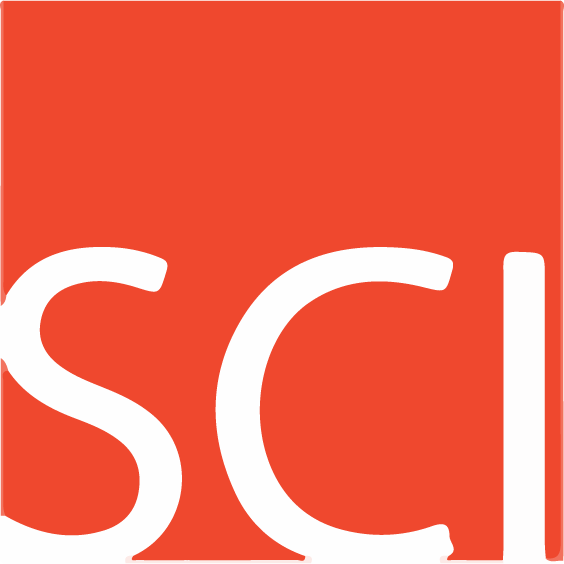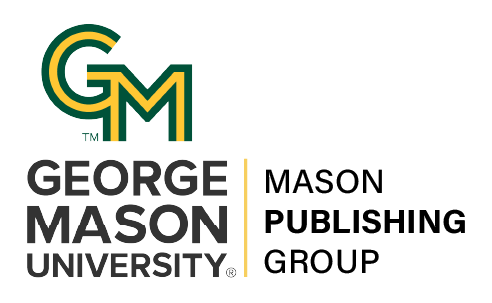Report from the Repositories & Preservation Workgroup
DOI:
https://doi.org/10.13021/G89W24Abstract
Repositories are a vital tool in modern information management and a key component of preserÃÂvation and long-term availability. They are not well-suited, however, to the current chalÃÂlenges posed by our information-rich society and the multitude of stakeholders involved in the modern scholarly publishing system. Strengthening repositories and standardizing preservaÃÂtion processes are critically important. This challenge will require not only leading multiÃÂple stakeholder groups but also reforming multiple information systems, architectures, phiÃÂlosophies, practices, and more.
OSI2016 Workgroup QuestionAre we satisfied with the current state of global knowledge preservation? What are the currentàpreservation methods? Who are the actors? Is this system satisfactory? What role do instituÃÂtional repositories play in this process? What does the future hold for these repositories (taking into account linking efforts, publishing company concerns about revenue declines, wideÃÂspread dark archiving practices, and so on)? Would new mandates help (or do we simply need to tighten existing mandates so they actually compel authors to do certain things)? And how do versions of record figure into all of thisââ¬âthat is, how do archiving poliÃÂcies (with regard to differences between pre-journal and post-journal versions) affect knowledge accuracÃÂyàand transfer? How can digital preservation advance open scholarship?



